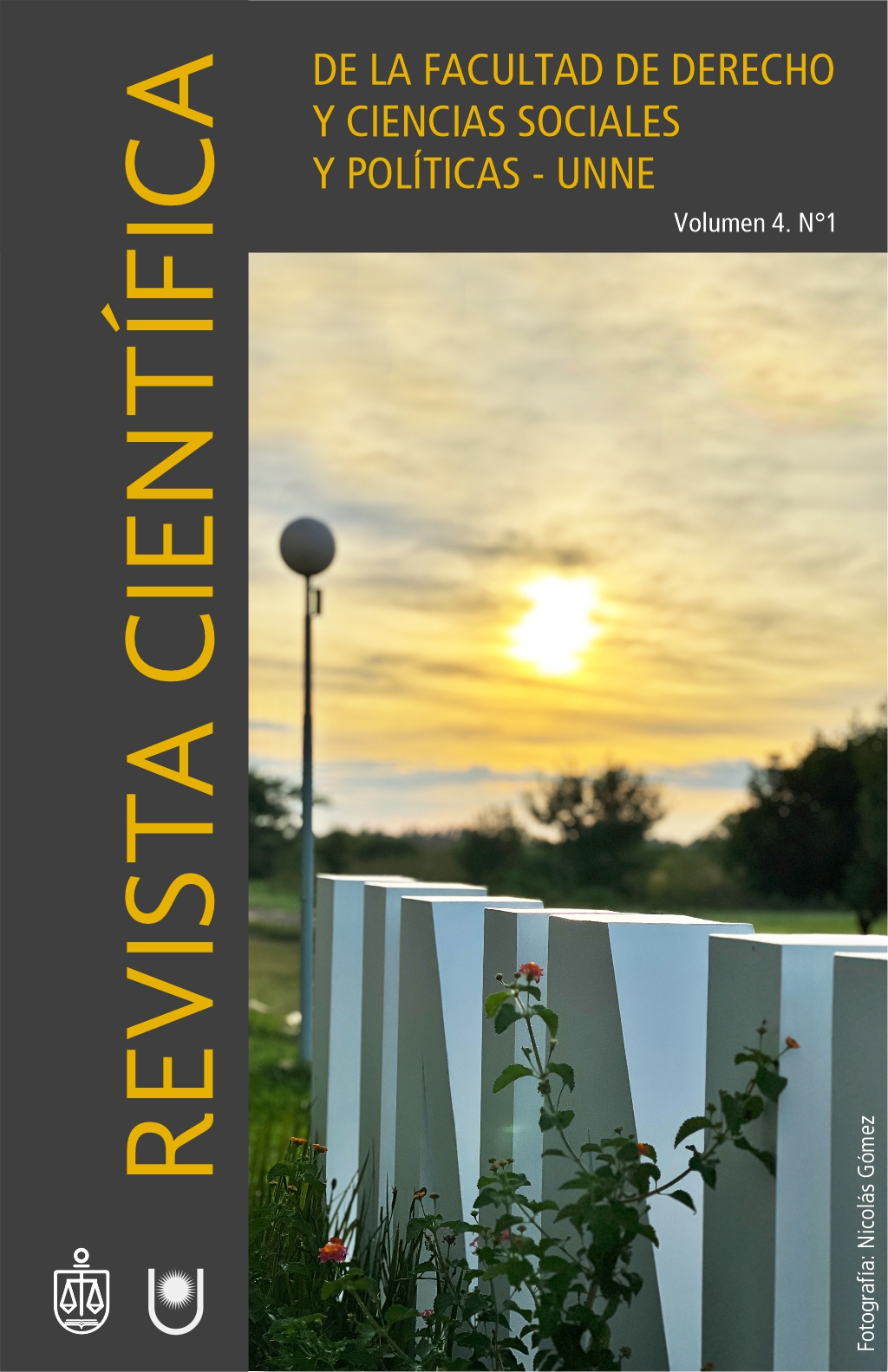La Ley de Inteligencia Artificial de la Unión Europea y su impacto en los derechos de las personas migrantes:
Un análisis crítico
DOI :
https://doi.org/10.30972/rcd.418114Mots-clés :
inteligencia artificial, vigilancia, Unión Europea, derechos humanos, MigraciónRésumé
-
Références
Access Now. (2023). EU AI Act: Migration. [Policy Brief]. https://www.accessnow.org/publication/eu-ai-act-migration/
Beduschi, A. (2021). International migration management in the age of artificial intelligence. Migration Studies, 9(3), 1296-1317. https://doi.org/10.1093/migration/mnab006
Benjamin, R. (2019). Race After Technology: Abolitionist Tools for the New Jim Code. Polity Press.
Bigo, D. (2002). Security and Immigration: Toward a Critique of the Governmentality of Unease. Alternatives, 27(1_suppl), 63-92. https://doi.org/10.1177/03043754020270S105
Broeders, D. (2007). The New Digital Borders of Europe: EU Databases and the Surveillance of Irregular Migrants. International Sociology, 22(1), 71-92. https://doi.org/10.1177/026858090707012
Buolamwini, J., & Gebru, T. (2018). Gender Shades: Intersectional Accuracy Disparities in Commercial Gender Classification. Proceedings of Machine Learning Research, 81, 1–15. http://proceedings.mlr.press/v81/buolamwini18a.html
Buzan, B., Wæver, O., & de Wilde, J. (1998). Security: A New Framework for Analysis. Lynne Rienner Publishers.
De Giorgi, A. (2010). Immigration control, post-Fordism, and less eligibility: A materialist critique of the criminalization of immigration across Europe. Punishment & Society, 12(2), 147-167. https://doi.org/10.1177/1462474509357378
Dencik, L., Hintz, A., Redden, J., & Treré, E. (2019). Exploring Data Justice: Conceptions, Applications and Directions. Information, Communication & Society, 22(7), 873-881. https://doi.org/10.1080/1369118X.2018.1551423
EDRi (European Digital Rights). (2023). National security exemption in the AI Act: A free pass for rights violations? https://edri.org/our-work/national-security-exemption-in-the-ai-act-a-free-pass-for-rights-violations/
Eubanks, V. (2018). Automating Inequality: How High-Tech Tools Profile, Police, and Punish the Poor. St. Martin's Press.
Guild, E. (2023). The EU’s AI Act and its consequences for the Area of Freedom, Security and Justice. CEPS Policy Brief. https://www.ceps.eu/ceps-publications/the-eus-ai-act-and-its-consequences-for-the-area-of-freedom-security-and-justice/
Hayes, B. (2019). Automated suspicion: The EU's new travel surveillance initiatives. Statewatch Analysis. https://www.statewatch.org/analyses/no-338-automated-suspicion-the-eu-s-new-travel-surveillance-initiatives/
Hoofnagle, C. J., van der Sloot, B., & Zuiderveen Borgesius, F. (2019). The European Union general data protection regulation: what it is and what it means. Information & Communications Technology Law, 28(1), 65-98. https://doi.org/10.1080/13600834.2019.1573501
Isin, E., & Ruppert, E. (2015). Being Digital Citizens. Rowman & Littlefield International.
Lyon, D. (2019). Surveillance Capitalism, Surveillance Culture and Data Politics. En D. Bigo, E. Isin, & E. Ruppert (Eds.), Data Politics: Worlds, Subjects, Rights. Routledge.
Molnar, P., & Gill, L. (2022). Bots at the Gate: A Human Rights Analysis of Automated Decision-Making in Canada’s Immigration and Refugee System. Citizen Lab Research Report No. 142. https://citizenlab.ca/2022/09/bots-at-the-gate-a-human-rights-analysis-of-automated-decision-making-in-canadas-immigration-and-refugee-system/
NIST (National Institute of Standards and Technology). (2019). Face Recognition Vendor Test (FRVT) Part 3: Demographic Effects. NISTIR 8280. https://nvlpubs.nist.gov/nistpubs/ir/2019/NIST.IR.8280.pdf
Noble, S. U. (2018). Algorithms of Oppression: How Search Engines Reinforce Racism. NYU Press.
PICUM (Platform for International Cooperation on Undocumented Migrants). (2023). PICUM’s recommendations on the EU AI Act. https://picum.org/resource/picums-recommendations-on-the-eu-ai-act/
Ryan, M., & Leufer, K. (2023). The EU AI Act’s high-risk classification: Is it fit for purpose? Computer Law & Security Review, 50, 105853. https://doi.org/10.1016/j.clsr.2023.105853
Smuha, N. A., Ahmed-Ghosh, H., Aleksandrova, A., Cobbe, J., Demetis, D. S., Fanni, R., ... & Veale, M. (2021). How the EU Can Achieve Legally Trustworthy AI: A Response to the European Commission’s Proposal for an Artificial Intelligence Act. SSRN Electronic Journal. https://doi.org/10.2139/ssrn.3899991
Statewatch. (2023). EU: Artificial Intelligence Act risks embedding discrimination and surveillance. https://www.statewatch.org/news/2023/december/eu-artificial-intelligence-act-risks-embedding-discrimination-and-surveillance/
Stumpf, J. (2006). The Crimmigration Crisis: Immigrants, Crime, and Sovereign Power. American University Law Review, 56(2), 367-419. https://digitalcommons.wcl.american.edu/aulr/vol56/iss2/3/
Veale, M., & Zuiderveen Borgesius, F. (2021). Demystifying the Draft EU Artificial Intelligence Act. Computer Law Review International, 22(4), 97-112. https://doi.org/10.9785/cri-2021-220402
Zuboff, S. (2019). The Age of Surveillance Capitalism: The Fight for a Human Future at the New Frontier of Power. Profile Books.
Téléchargements
Publiée
Versions
- 2025-06-30 (3)
- 2025-05-19 (2)
- 2025-05-19 (1)
Comment citer
Licence
© Daiana Estefanía Yovan 2025

Ce travail est disponible sous licence Creative Commons Attribution - Pas d’Utilisation Commerciale 4.0 International.







52.jpg)






